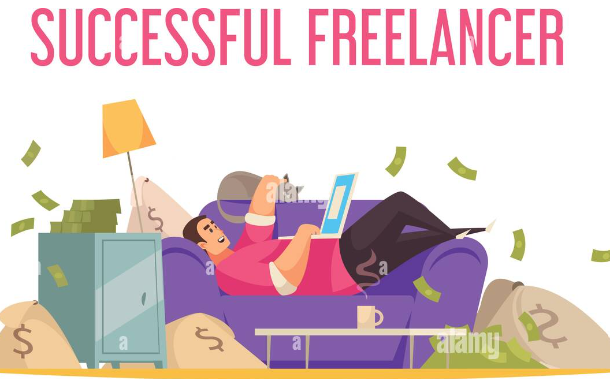There has been a lot written about freelancing contracting or working for yourself.
Some of this is very accurate and therefore useful but there is also a large amount of misleading information which does not really help.
Regardless, going freelance is an important personal and professional decision which means sufficient care and attention are required before making the jump.
There are a number of key advantages to going freelance;
- It is possible to increase your earning powers.
- The work tends to be more interesting.
- If you’re unhappy working at some place, it is much easier to negotiate an exit as a freelancer than a full-time employee.
- Plus others
But, there are a number of bad points.;
- There are often gaps between contracts which some people find unsettling.
- Work often arrives at short notice which can also be unsettling..
- There is no sick or holiday pay,
- You have to look after all your own pension arrangements,
- You often have to put professional insurance in place.
- You often need to keep your skills up to date, plus many others.
However even once you have made the decision to make the jump, there is the immediate challenge of getting your first contract (and to start earning money). Looking for this role can actually be a tough and demoralising task, especially if it takes time to find something suitable.
Then there is the ongoing challenge of operating as a freelancer. (As noted above) you need to keep your skills up to date and keep constantly looking for work. Also, you need to operate as a freelancer covering areas such as PR, invoicing, accounting, and tax.
However, I have written a book about what needs to be thought about when moving to contracting work.
It is based on my own personal experience of being a contractor for nearly 16 years.


Recent Comments